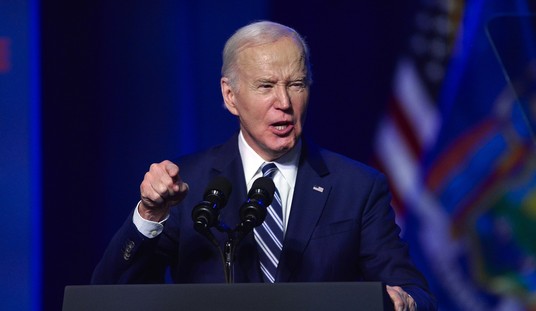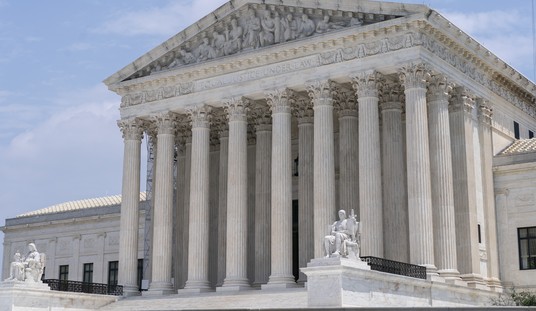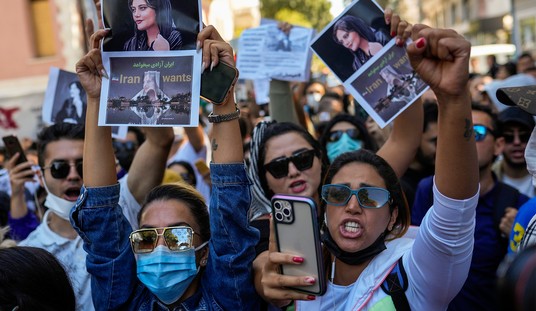
Celebrity CEO Jamie Dimon has made a compelling case against breaking up major US financial institutions. He cites the advantages inherent to economies of scale and claims that bigger banks are able to get better leverage out of their assets and thereby give average customers like little old me a better deal on financial products.
What doesn’t get mentioned by Dimon and his entourage is the power of moral hazard, the implicit subsidy and the blackmail potential that all come implicitly with being a bank that is too big to fail. Without indulging in paranoia worthy of Beppe Grillo and looking for the Bankster under the bed, we still can make a reasonable case that bigger banks are given significant advantages that exempt them from the laws that mere mortals like little old me are forced to obey if we desire a peaceful life.
The IMF examines what the extent to which TBTF banks are subsidized by the United States government in a paper entitled Quantifying Structural Subsidy Values for Systemically Important Financial Institutions. The Authors, Kenichi Ueda and Beatrice Weder di Mauro, reach the following conclusion with respect to the impact of government subsidies on the borrowing costs of TBTF (or SIFI) banks.
Claimants to SIFIs receive transfers when governments are forced into bailouts. Ex ante, the bailout expectation lowers daily funding costs. This funding cost differential reflects both the structural level of the government support and the time-varying market valuation for such a support. With large worldwide sample of banks, we estimate the structural subsidy values by exploiting expectations of state support embedded in credit ratings and by using long-run average value of rating bonus. It was already sizable, 60 basis points, as of the end-2007, before the crisis. It increased to 80 basis points by the end-2009.
So what does an 80bp subsidy translate into in USD? Bloomberg.com offers up an explanation.
Small as it might sound, 0.8 percentage point makes a big difference. Multiplied by the total liabilities of the 10 largest U.S. banks by assets, it amounts to a taxpayer subsidy of $83 billion a year. To put the figure in perspective, it’s tantamount to the government giving the banks about 3 cents of every tax dollar collected.
Hmm…$83Bn. Why does that number sound vaguely familiar? How much were we supposed to sequester this year? Oh, and it gets even worse.
The top five banks — JPMorgan, Bank of America Corp., Citigroup Inc., Wells Fargo & Co. and Goldman Sachs Group Inc. – – account for $64 billion of the total subsidy, an amount roughly equal to their typical annual profits…In large part, the profits they report are essentially transfers from taxpayers to their shareholders.
Awesome! They are too big to fail and too stupid to succeed without taxpayer subsidy. They are the Detroit, MI of major economic sectors. And oh, yeah, Eric Holder believes they are too “important” to persecute. So just what do we do with these failed but TBTF institutions kept alive on the taxpayer-funded iron lung of subsidy?
Maybe legal action. But why would we want to consider legal action against the typical TBTF? Does rigging the LIBOR concern you? Maybe if you have a state pension, it does.
Or how about if a brokerage, run by a former state governor and United States senator, uses $1Bn of customer funds as collateral to meet a margin call on risky options trading? Let’s say that money gets vaporized. Do these guys face any criminal proceedings? Thanks for playin’!
So where does this leave us exactly? In a position Voltaire described well in his novel Candide. “You are ruled by those who you are not allowed to criticize.” That would be our major banking cartels. They are too big to touch, too powerful to stop, too connected to ever unplug. On Orwell’s Animal Farm, the banks are the animals more equal than the others.
The right thing to do is obvious. So obvious that even two chairmen of The Federal Reserve point us in the right direction. Chairman Hoenig of the KC Fed offers the following advice.
“We must break up the largest banks, and could do so by expanding the Volcker Rule and significantly narrowing the scope of institutions that are now more powerful and more of a threat to our capitalistic system than prior to the crisis,” Hoenig told a meeting of the Women in Housing and Finance.
Fed Chairs are about as risk-averse as human beings ever come. Thus, it must be pretty compellingly obvious that these major banks need to be broken up and reorganized. Here’s the Dallas Fed Chair expounding on the same theme.
“The disagreeable but sound thing to do regarding institutions that are too big to fail is to dismantle them over time into institutions that can be prudently managed and regulated across borders,” Fisher said in prepared remarks to the Council on Foreign Relations.
What needs to be done is to scale back the size and power of all banking institutions specifically large enough to qualify as SIFIs and thereby carry the Dodd-Frank Act “Got Out of Stupid Free Card.” Whether we use the Volker Rule or re-impose Glass Steagall or litigate via The Sherman Act or just make a good application of The Herfindahl Index, something has to be done to prevent any US banking institution from being guarunteed perprtual immunity from consequence via Dodd Frank.
Regretably, all of these solutions have one thing in common that will give Economic Libertarians heartburn. They all involve the government aggressively regulating a set of private institutions. I see this instance as different. The government would be cleaning up a mess of its own creation. It would be taking down a moral hazard of its own creation. Mortgage lending practices, corrupt oversight, bail-outs and the Dodd Frank implicit guarantee against economic consequence have all conjoined to create a monster that Attorney General Eric Holder is afraid to fight against.
When an entity is too big and too powerful to be bound by the laws, it is harmful and destructive to the concept of a nation of laws and not of men. TBTF banks must therefore be broken up for the good of civil society. We are citizens when the laws apply equally to all. We are subjects when certain entities are grouped into a privileged class that is deliberately made “more equal” by governmental fiat.













Join the conversation as a VIP Member